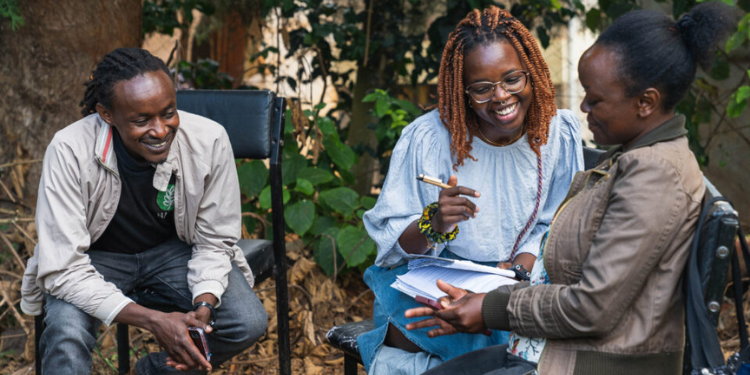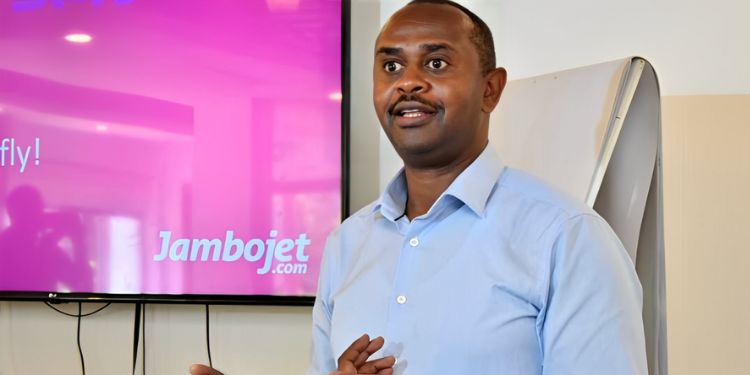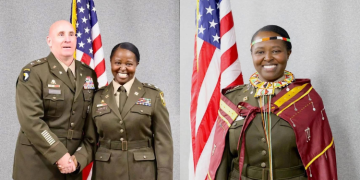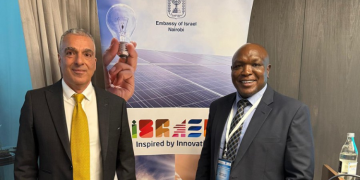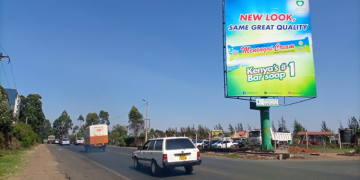Microsoft has unveiled Project Gecko, a new artificial intelligence initiative designed to enhance AI’s effectiveness for underrepresented communities by developing models that understand local languages, cultural contexts, and real-world conditions. The project begins in Kenya and India, where millions of smallholder farmers face linguistic and connectivity barriers when accessing digital tools.
Project Gecko is built on VeLLM (uniVersal Empowerment with LLMs), a platform developed by Microsoft Research India to support multilingual and multimodal AI systems grounded in culturally relevant data.
VeLLM uses community-generated datasets and systematic evaluation methods to improve AI performance in non-English languages. It has already powered tools like the Shiksha Copilot, which helps teachers in rural India create lesson plans more efficiently.
Microsoft, in a statement, said that Project Gecko extends VeLLM’s original vision, which is that AI designed for one region can successfully transfer to another, enabling, for example, agricultural insights developed in India to benefit farmers in Kenya.
“If we want to build AI for everyone everywhere, we need to develop new methods of human-centered AI. This involves forging new and deeper connections among disciplines such as machine learning, linguistics, and the social sciences, as well as the communities the AI is to serve,” Microsoft Research Africa, Nairobi Lab Director Jacki O’Neill said.
“We all must work hand-in-hand to establish new methods for fine-tuning, model optimization, and evaluation so that AI can represent the richness and complexity of a wide range of culturally and linguistically diverse communities. Project Gecko is a great example of how we might begin to do this.”
Also Read: Google Launches Gemini Pro Plan Giving Free Access to Students in Kenya
Agriculture picked as the starting point
According to Microsoft, agriculture remains a cornerstone of emerging economies. The company highlighted that agriculture accounts for 35% of Africa’s GDP, 20% of Kenya’s GDP, while employing more than 40% of its population, and supporting over 70% of rural households across the continent.
Most of this work is carried out by smallholder farmers, who often use local dialects, oral instruction, and region-specific agricultural terminology.
Many AI systems, however, are built on English-centric data. As a result, farmers frequently receive inaccurate or irrelevant answers when using digital advisory tools.
“Agriculture has very specific terms, which may change from language to language, and sometimes from district to district. There might be two different words being used for the same thing as location changes. So, all those domain-specific nuances need to be understood,” Microsoft India Director of Research Engineering Tanuja Ganu said.
The linguistic landscape is especially complex in Kenya, where a farmer might type in English, speak in Kikuyu or Kalenjin, and use Swahili as a common language across communities. Both Kenya and India have strong oral traditions, making voice and video critical channels for knowledge sharing; yet, many local languages lack high-quality speech recognition or text-to-speech technology.
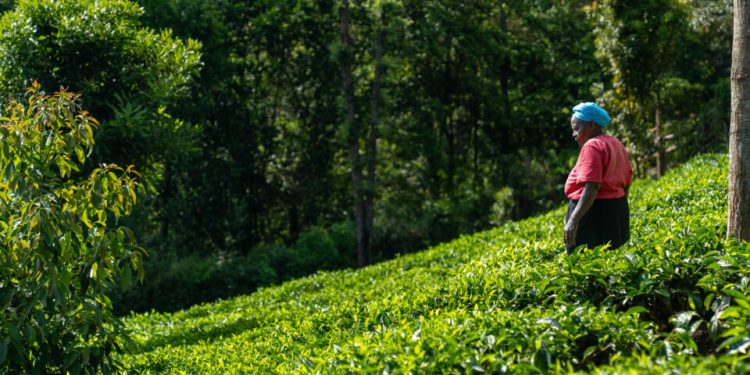
Unlocking farmer knowledge through FarmerChat and Multimodal AI
Microsoft’s effort builds upon the success of FarmerChat, a speech-first AI assistant from Digital Green, which originated as a project within Microsoft Research India.
Digital Green hosts a massive library of more than 10,000 videos in over 40 languages, including Swahili, Hindi, Kikuyu, Somali, Dholuo, Maa, and Kalenjin, a rich but previously underutilized reservoir of community knowledge.
Also Read: Meet Kenyan Wanjiku Mwangi, Microsoft’s New Senior Manager
They are also working on a public leaderboard that benchmarks model performance across African languages.
Because most agricultural expertise in developing regions is shared orally or visually, Digital Green’s video library holds immense value. However, without better search and language tools, much of its potential remained untapped.
“Unlocking this knowledge will support even more farmers to get real-time responses to their queries in their own local language and preferred modality, whenever and wherever they need it. This will boost the effectiveness of public extension and help reach farmers with locally tailored advice,” Digital Green CEO Rikin Gandhi noted.
How Project Gecko works for farmers
The Project Gecko team envisioned an AI assistant that allows farmers to ask questions in text or speech and receive clear, actionable answers across text, voice, and video—all in their preferred language.
A farmer in Nyeri County, Kenya, might type a question in English but ask verbally in Kikuyu. They would receive a text answer in English, a voice answer in Kikuyu, and a video answer in Kikuyu that jumps directly to the exact segment explaining the solution.
“So, if the video is, let’s say, 30 minutes long, the user does not have to go through the entire video, but we can take the user to, let’s say, 3 minutes 50 seconds, and they can watch it from there for 2 minutes 5 seconds to get the answer. So, it’s efficient. It’s extremely time-effective for the users,” Ganu added.
The Project Gecko team continues to offer enhancements for FarmerChat based on studies with more than 130 farmers in Kenya and India.
This includes the ability to ask clarifying questions, provide more actionable responses, send follow-ups, and incorporate social elements through features that foster peer-to-peer sharing and community interactions.
Follow our WhatsApp Channel and X Account for real-time news updates.
